North Carolina is once again at the forefront of American politics as a crucial battleground state in the 2024 election. With its dynamic and unpredictable political landscape, North Carolina's electoral significance cannot be overstated. The state has consistently played a decisive role in presidential elections, often swinging between Democratic and Republican candidates by narrow margins. This year, the stakes are higher than ever, with both parties vying for the state's 16 electoral votes in what promises to be a fiercely contested race.
Adding to the complexity of this year's election is Hurricane Helene. North Carolina was devastated by the hurricane, with hundreds of thousands of residents still without access to power and other crucial resources. The state has seen a governmental response spread thin, leading to widespread unhappiness. Increases in costs, particularly energy costs, will continue to cripple locals. This means that the hurricane will also play an uncertain role in the election, potentially swaying ballots due to new voting priorities.
Polling
North Carolina's political climate remains highly competitive, with recent polls indicating a tight race between Republican Donald Trump and Democrat Kamala Harris. According to a Quinnipiac University poll, Trump holds a slight edge over Harris, with 49% of likely voters supporting Trump compared to 47% for Harris.
The election history of the state is consistent with its role as a battleground. North Carolina has been separated by less than 4% in presidential contests since 2008. In 2024, polling averages show Trump with a slight lead but inside the error margin, continuing this trend. Part of the state's continuous political volatility is the heterogeneous electorate, which comprises both rural and urban Republicans and Democrats.
Economic and demographic changes make North Carolina's status as a swing state even more difficult to understand. Younger, more diverse populations have flocked to the state's expanding urban hubs, like Charlotte and Raleigh, leading to an increase in Democratic voters. Rural communities, however, continue to be firmly Republican.
Polling data also reveals that key issues such as healthcare, education, and the economy are at the forefront of voters' minds. With both candidates addressing these topics in their campaigns, the competition for North Carolina's electoral votes is expected to be intense. As Election Day approaches, both parties are likely to ramp up their efforts to mobilize supporters and capture undecided voters.
Representation
North Carolina's state representation matches its split electorate. The state government features a Democratic governor alongside a Republican-controlled legislature. The state's federal representation is similarly split. In the U.S. House, North Carolina is represented by a combination of Democrats and Republicans. North Carolina's representation in the U.S. Senate also includes one Democrat and one Republican.
Important matters at the state level encompass economic growth, access to healthcare, and education reform. These subjects greatly impact the legislative priorities in the state legislature.
Cities like Charlotte and Raleigh generally favor Democratic candidates, influenced by their younger, more diverse demographics and progressive priorities such as education and healthcare. On the other hand, rural areas typically align with the Republican Party, showcasing conservative principles connected to farming and regional businesses.
Hurricane Helene
Hurricane Helene has significantly impacted North Carolina's election preparations. The storm caused catastrophic damage across the state, particularly in western counties where infrastructure was severely disrupted.
In response to the hurricane's devastation, North Carolina's State Board of Elections has implemented emergency measures to facilitate voting in affected areas. These measures include extending mail-in ballot deadlines and allowing voters to drop off ballots at any county election office. Despite these efforts, many residents face difficulties due to damaged polling locations and disrupted postal services.
The economic impact of Hurricane Helene is also expected to influence voter behavior. The storm has led to increased energy costs and economic uncertainty—issues that resonate deeply with voters concerned about their financial well-being. As both Trump and Harris campaign in North Carolina, addressing these economic challenges could prove crucial in swaying undecided voters.
According to the Pew Research Center, 81% of voters consider the economy "very important" to their decision in November. Energy prices are particularly impactful as they directly affect consumers' daily lives. The increase in energy costs resulting from Hurricane Helene is likely to sway many voters who are already dissatisfied with current economic policies.
This recent hurricane (and another anticipated soon) is not any politician's fault; however, it will undoubtedly be reflected in voting patterns. As North Carolina receives increased attention from both candidates during the final campaign stretch before votes are counted, concrete solutions for improving infrastructure and lowering energy costs could emerge as deciding factors for voters seeking recovery.
What to Expect
As waters recede and Election Day approaches, North Carolina remains one of the most contested battleground states. Both parties are intensifying their efforts to reassure local voters of their ability and willingness to help. Voter turnout could be affected by logistical challenges stemming from hurricane damage—potentially altering electoral outcomes.
With its diverse electorate comprising urban Democrats and rural Republicans, the competition will likely remain neck-and-neck until Election Day arrives.



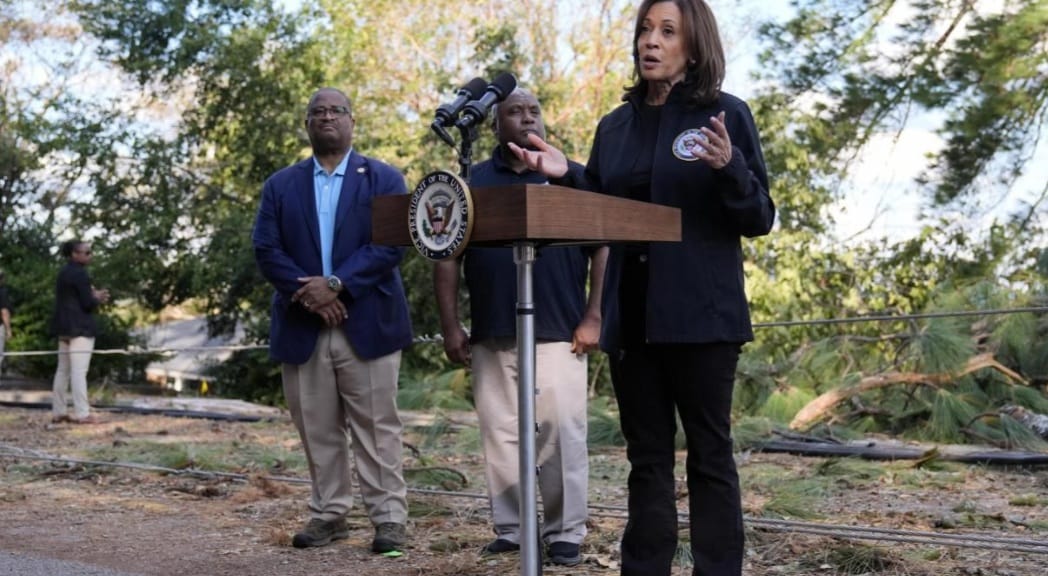




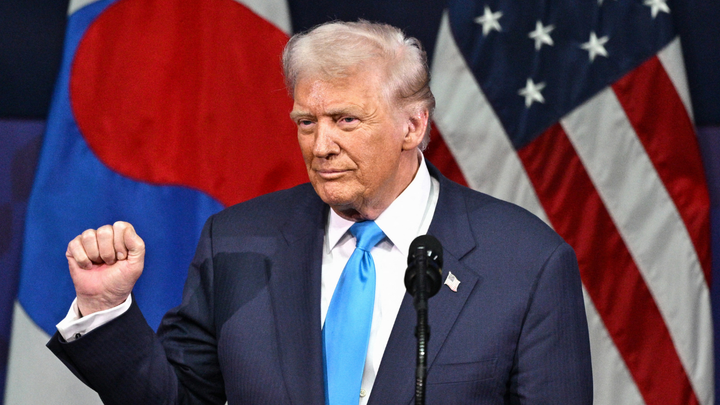

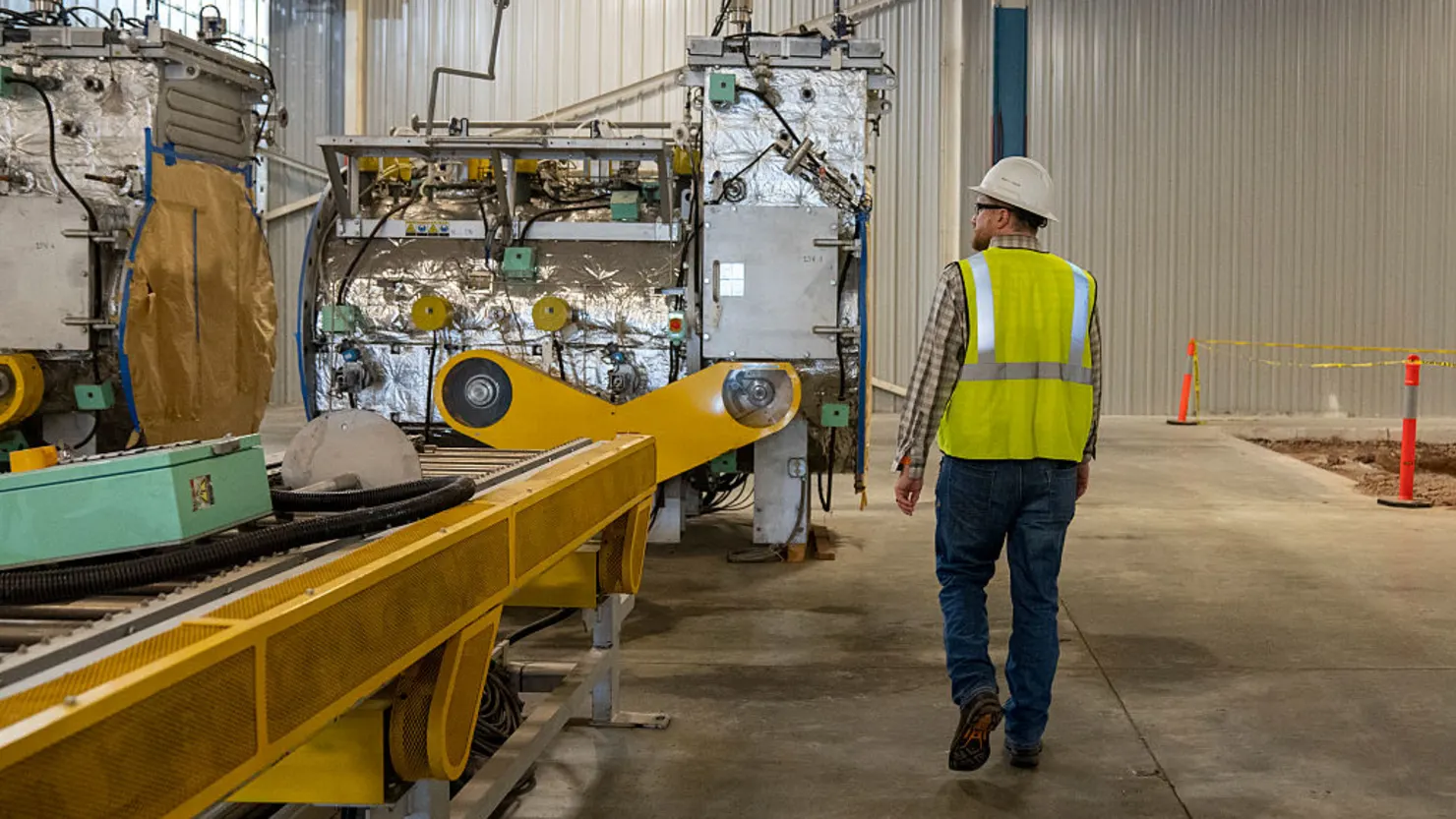
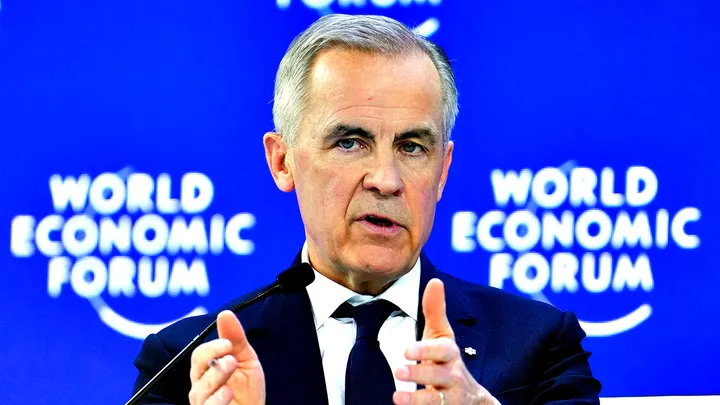

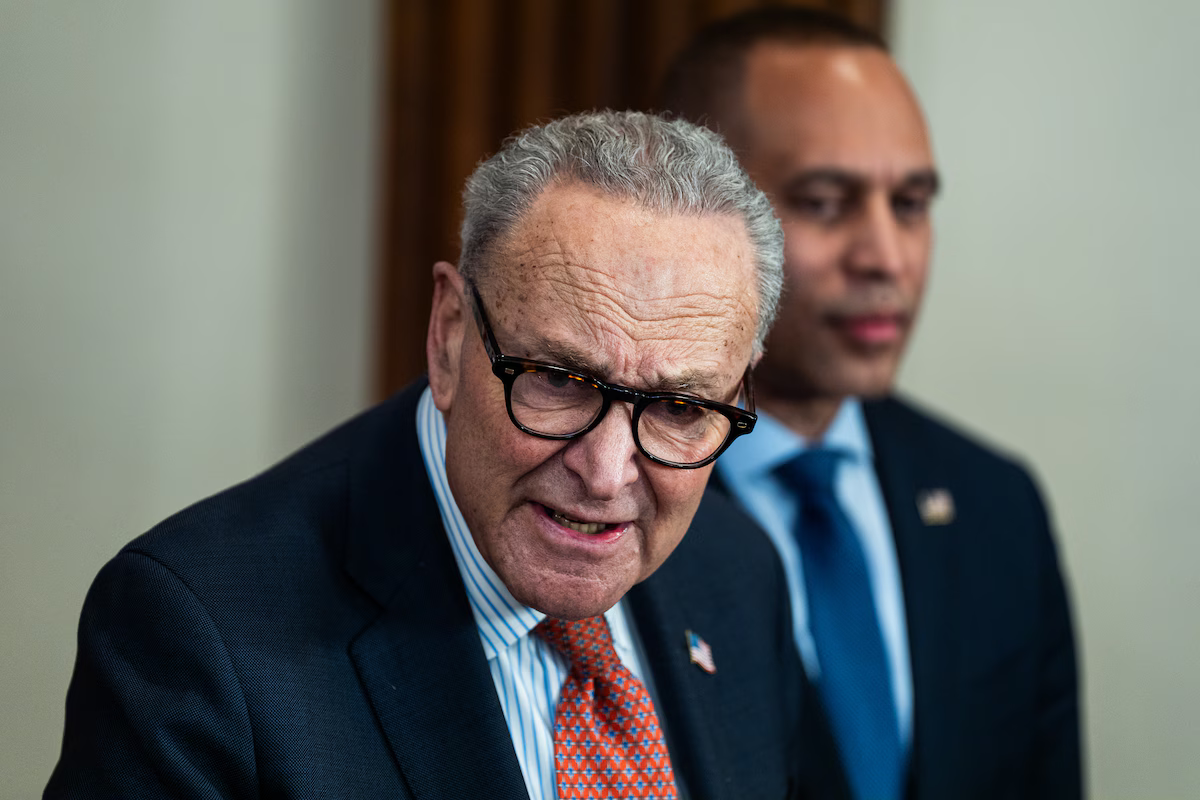

Discussion